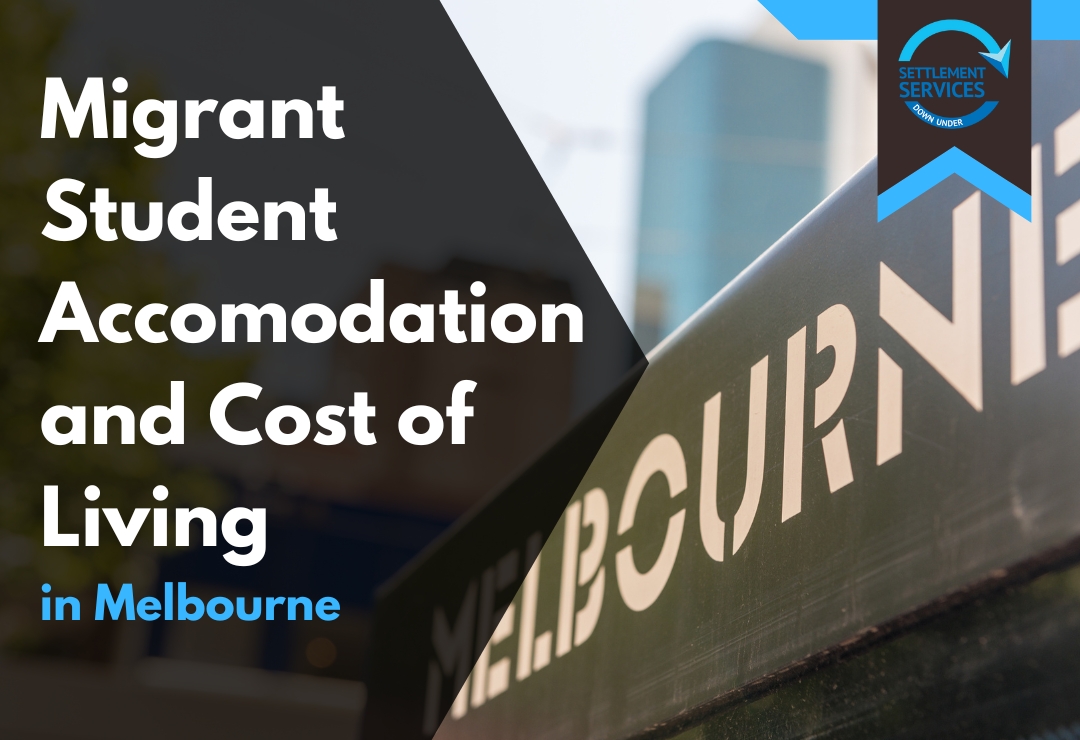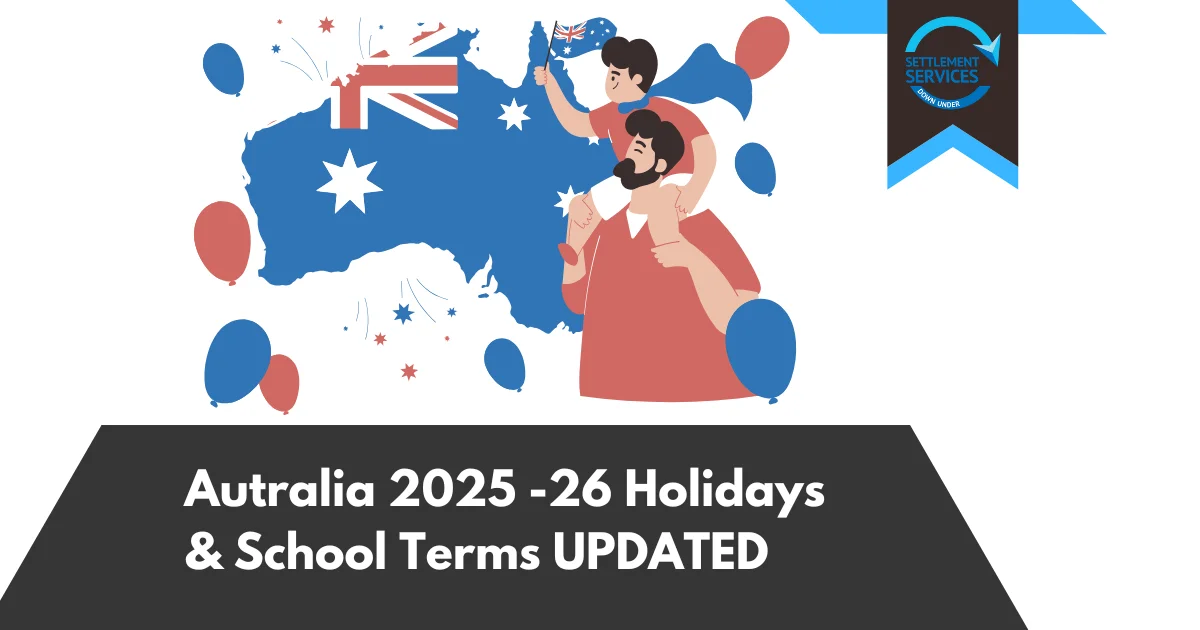Student Accommodation in Melbourne
The Melbourne Central Business District is a vibrant hub of activity and offers a range of accommodation options to suit different budgets and lifestyles. However, it’s important to note that accommodation in the CBD tends to be more expensive than in outer suburbs.
- Apartments: The most common accommodation type in the CBD, offering a range of sizes and amenities. Prices vary significantly depending on the building’s age, size, and location. Expect to pay a premium for city views or modern apartments.
- Share houses: Less common in the CBD but can be a more affordable option. Shared apartments or houses can be found, especially in the fringe areas of the CBD.
- Student accommodation: Some universities offer accommodation options in or near the CBD. These might be more affordable for students but can have limited availability.
Cost of Living in Melbourne
Living in the Melbourne CBD is generally more expensive than in other parts of the city. You can expect to pay more for:
- Rent: As mentioned above, apartments tend to be pricier in the CBD; however, if you are a skilled migrant, seeking assistance and support in settlement services to assist you in settling into your new home is more favorable.
- Food: While there’s a wide range of dining options, eating out or purchasing groceries can be more expensive compared to other areas.
- Transportation: While public transport is generally good, you might incur additional costs for taxis, rideshares, or parking if you own a car.
- Entertainment: The CBD offers a plethora of entertainment options, but tickets to shows, events, and attractions can be costly.
To offset the higher cost of living in the CBD, you can:
- Share accommodation: Renting a room in a shared apartment can significantly reduce costs.
- Cook at home: Prepare meals at home to save money on dining out.
- Utilize public transport: Walk, bike, or use public transport to reduce transportation costs.
- Take advantage of free events: Many free activities and events are available in the city.
Remember, these are general trends, and individual circumstances can vary. It’s always recommended to do thorough research and budgeting before moving to the Melbourne CBD.
Also Read: Requirements and Checklist for Moving to Australia
Transportation in Melbourne CBD
The Melbourne CBD boasts an excellent public transportation network, making it easy to get around without a car.
- Trains: The Melbourne Metro and suburban train lines converge in the CBD, providing frequent and efficient service to various parts of the city and suburbs.
- Trams: The iconic Melbourne trams run through the city’s streets, offering a convenient way to explore the CBD and its surroundings.
- Buses: Complementing the train and tram network, buses provide additional connectivity within the CBD and to nearby suburbs.
While owning a car can be convenient, it’s often unnecessary in the CBD due to traffic congestion and high parking costs.

Studying Options in Melbourne CBD
The Melbourne CBD is a hub for education, with several renowned universities and colleges offering a wide range of courses. Some of the prominent institutions with campuses in the CBD include:
- University of Melbourne: One of Australia’s leading universities, with a strong presence in the CBD.
- RMIT University: Offers a variety of courses and has a significant campus in the city center.
- Victoria University: Provides accessible higher education options with campuses in the CBD.
- TAFE institutes: Offer vocational and technical training courses.
Studying in the CBD offers the advantage of being immersed in a dynamic environment with access to libraries, research facilities, and career opportunities.
Student-Friendly Hostels and Apartments in Melbourne CBD
While the CBD might be a bit pricey for students, there are a few options that can be considered student-friendly due to their amenities or location.
Student-Friendly Apartments
- UniLodge Carlton: While not strictly in the CBD, it’s very close and offers student-specific accommodation with shared kitchen facilities.
- Illawarra Hall: Another option near the CBD, offering accommodation for university students with shared amenities.
Student-Friendly Hostels
Hostels are generally more budget-friendly and offer a social atmosphere, which can be appealing to students.
- Base Backpackers Melbourne: Located in the heart of the city, offers a mix of dorm rooms and private rooms.
- Habitat Backpackers: Another centrally located hostel with a variety of room options.
- Space Hotel & Hostel: Situated near the CBD, offers a blend of hostel and hotel accommodations.
Remember: Prices can fluctuate, and it’s always a good idea to check for student discounts or promotions. Additionally, consider factors like location, amenities, and reviews when making your choice.
Also Read: New Migration Strategy Policy Roadmap in Australia
Importance of Optimizing Financial Resources as a Student in Melbourne.
Migrant students in Melbourne face unique challenges when it comes to accommodation and finances. They often arrive in a new country with limited financial resources and a need to balance academic pursuits with the demands of independent living.
Here’s a breakdown of why careful consideration of accommodation and cost of living is crucial for migrant students:
- Financial Constraints: International students often rely on personal savings or student loans, necessitating careful budgeting. Wise accommodation choices can significantly impact overall expenses.
- Academic Focus: A suitable living environment is essential for academic success. Students need a quiet and conducive space to study.
- Social Integration: Sharing accommodation can provide opportunities to interact with other students, aiding in social integration and language acquisition.
- Safety and Security: Choosing a safe neighborhood is paramount for personal well-being and peace of mind.
- Transportation Costs: Proximity to the university and public transport options can influence accommodation choices and overall expenses.
- Long-Term Goals: Careful financial management can help students save for future expenses like textbooks, travel, or post-graduation plans.
By making informed decisions about accommodation and cost of living, migrant students can optimize their financial resources, enhance their academic performance, and enjoy a fulfilling student experience in Melbourne.







